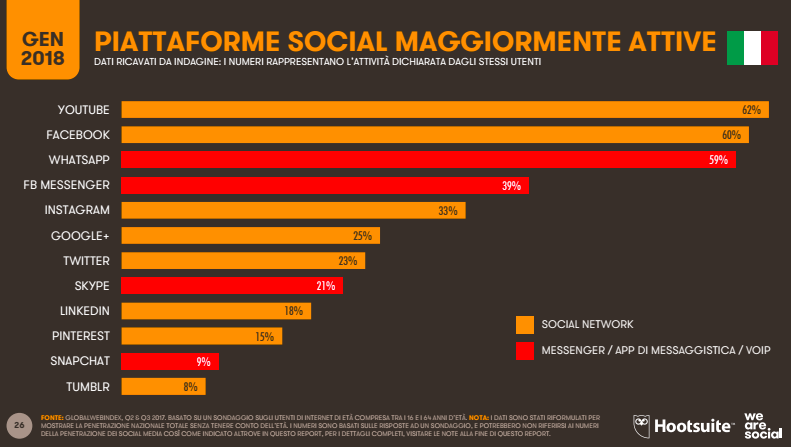K
kiera_kelly
AP Italian 🇮🇹
39 resourcesSee Units
Scelte etiche e morali
Italian ethics can vary, but some common cultural values that play a role in shaping Italian ethics include a strong emphasis on family, community, and traditions. Personal relationships, including loyalty and trust, are also highly valued in Italian culture. Additionally, Catholicism and its teachings have a significant influence on the ethical and moral beliefs of many Italians. These cultural and religious influences shape the way individuals in Italy view and make ethical and moral decisions in their personal and professional lives.

Image courtesy of Vatican News
Salute e medicina
Italy has a highly developed and comprehensive healthcare system. The Italian National Health Service provides universal coverage to citizens and residents, and there is a strong tradition of publicly funded health care in the country. Patients in Italy have access to a range of medical services, including hospital care, preventive care, and specialist care. The country is known for its high-quality medical services and experienced medical professionals, particularly in the fields of cardiology, oncology, and orthopedics.
However, like many healthcare systems around the world, Italy is facing challenges, including a shortage of medical professionals in some areas, aging infrastructure, and limited resources. Despite these challenges, the Italian healthcare system is widely regarded as one of the best in Europe and continues to provide high-quality care to its citizens and residents.
La rete e il suo impatto sociale
The network in Italy refers to the country's telecommunications and internet infrastructure. Italy has a well-developed network, with widespread access to high-speed internet and mobile networks, allowing for widespread connectivity and use of technology. The use of the internet and mobile devices has had a significant impact on Italian society, transforming the way individuals communicate, access information, and interact with each other.

image courtesy of Enkey
Like many other countries, Italy has seen a rapid increase in the use of social media and online communication platforms, which have changed the way individuals connect with each other and form communities. The network has also had a major impact on the economy, facilitating the growth of e-commerce, telecommuting, and other digital-based industries.
However, the widespread use of technology has also brought new social and ethical challenges, such as cybercrime, online privacy concerns, and the potential for digital addiction.
Nevertheless, the network continues to be a key aspect of life in Italy and plays a significant role in shaping the country's social, cultural, and economic landscape.
Uso personale della tecnologia
In Italy, personal use of technology has become increasingly common and widespread. Many Italians use technology in their daily lives, such as smartphones, laptops, and tablets, to stay connected with friends and family, access information, and manage their personal and professional lives. Social media platforms, such as Facebook, Instagram, and WhatsApp, are widely used for communication and social networking. Online shopping, digital banking, and other digital services have also become more prevalent in recent years.
The widespread use of technology has brought many benefits, such as increased efficiency, convenience, and accessibility to information. However, like in other countries, there are also concerns about the potential negative impacts of technology on individuals and society, including the rise of digital addiction, cybercrime, and privacy concerns.
Browse Study Guides By Unit
👨👩👧Unit 1 – Families in Italy
🗣Unit 2 – Language & Culture in Italy
🎨Unit 3 – Beauty & Art in Italy
🔬Unit 4 – Science & Technology in Italy
🏠Unit 5 – Quality of Life in Italy
💶Unit 6 – Challenges in Italy
📚Study Tools

Fiveable
Resources
© 2025 Fiveable Inc. All rights reserved.